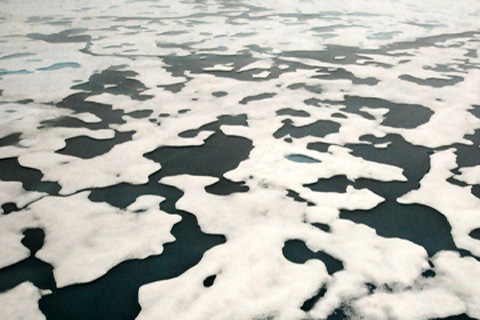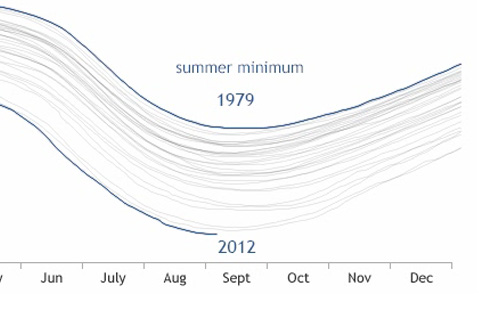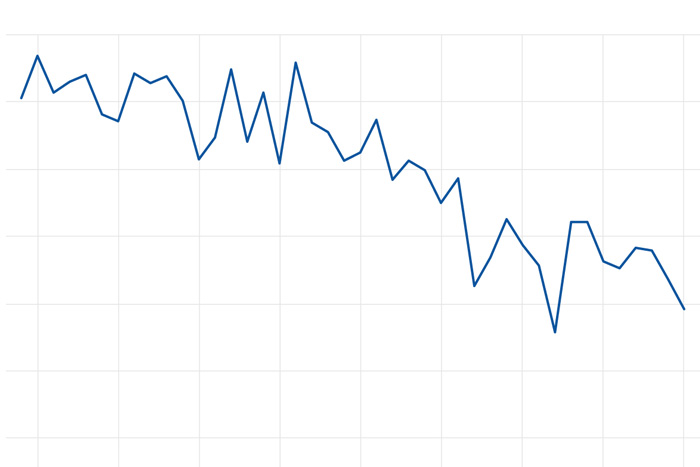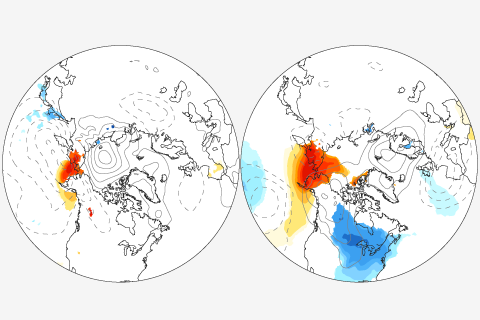
It may seem remote from our everyday lives, but the Arctic exerts a powerful influence on the rest of the planet. From rising sea level, to U.S. and European weather, to bird migrations, NOAA Administrator Jane Lubchenco describes how Arctic climate change can influence the rest of the planet.

Arctic sea ice extent set a new record low at the end of the summer melt season on September 16, 2012. But extent is not the only quality of the ice that is changing. Wind and ocean circulation patterns are conspiring with a warmer climate to reduce the amount of year-round (multi-year) ice, transforming the remaining ice into a younger, thinner version of its old self.

The amount of sea ice that survives the Arctic summer has declined by 13 percent per decade since the start of the 43-year satellite record.
The lowest 18 sea ice extents on record have all occurred in the last 18 years (2007–2024).

New research weighs in on a popular debate about whether reduced Arctic sea ice is causing extreme mid-latitude winters. Their result? Blame the atmosphere, not the ice.